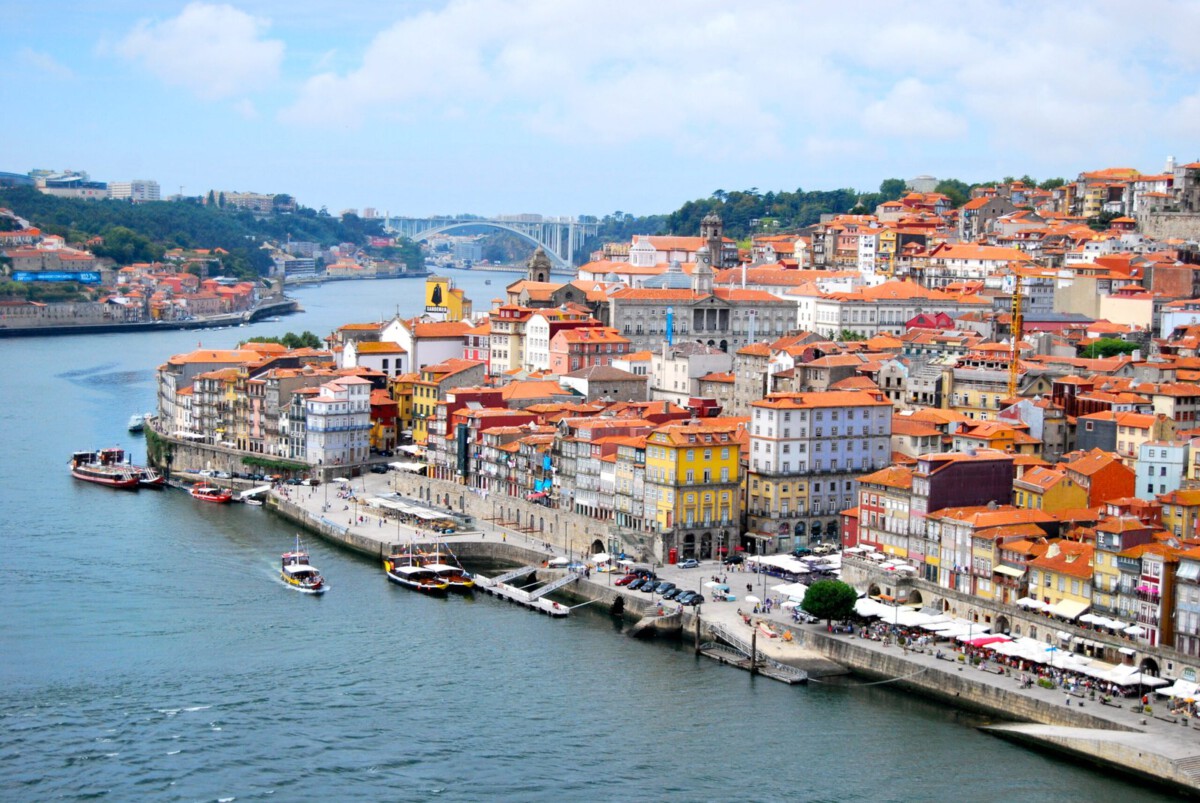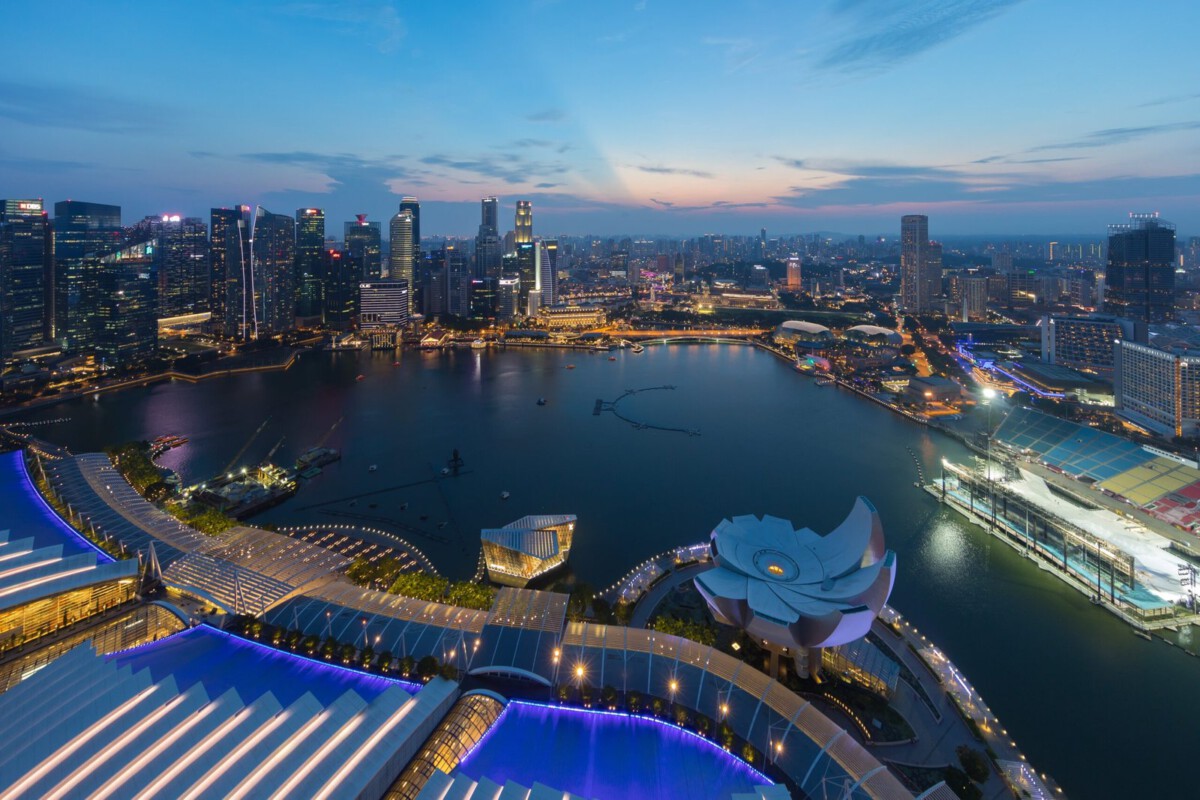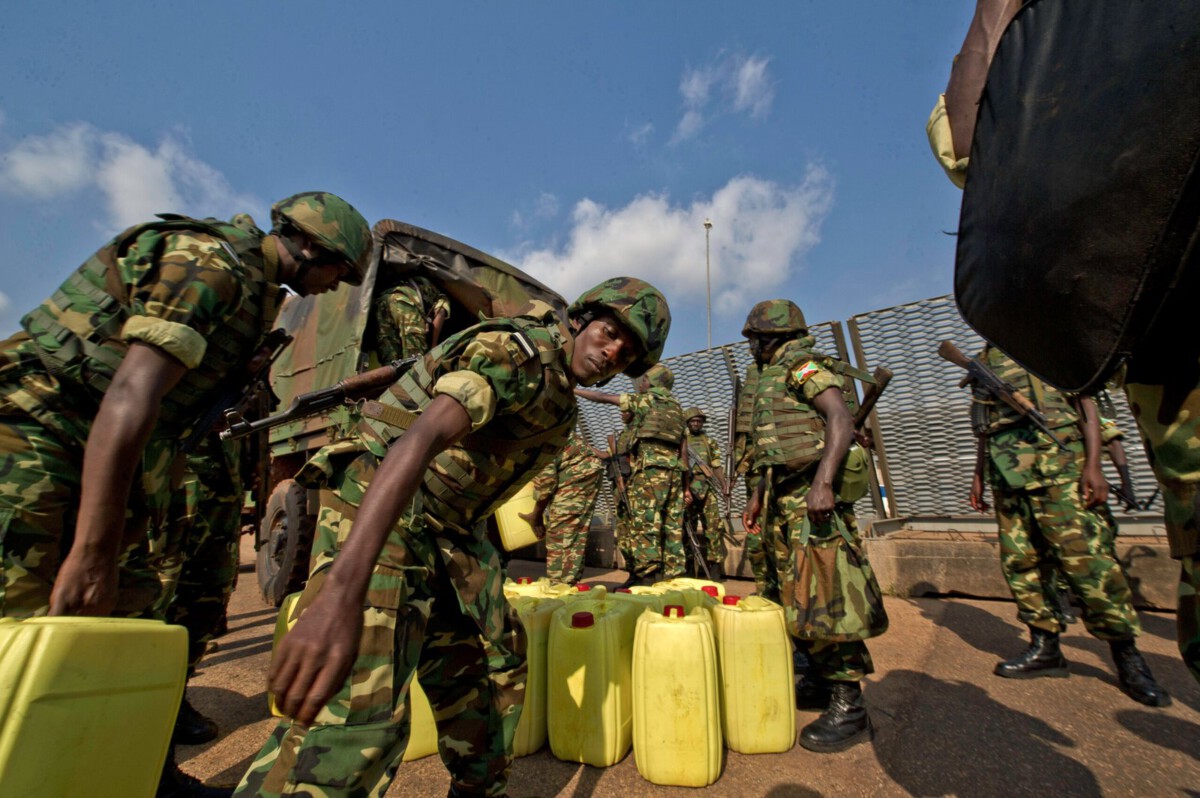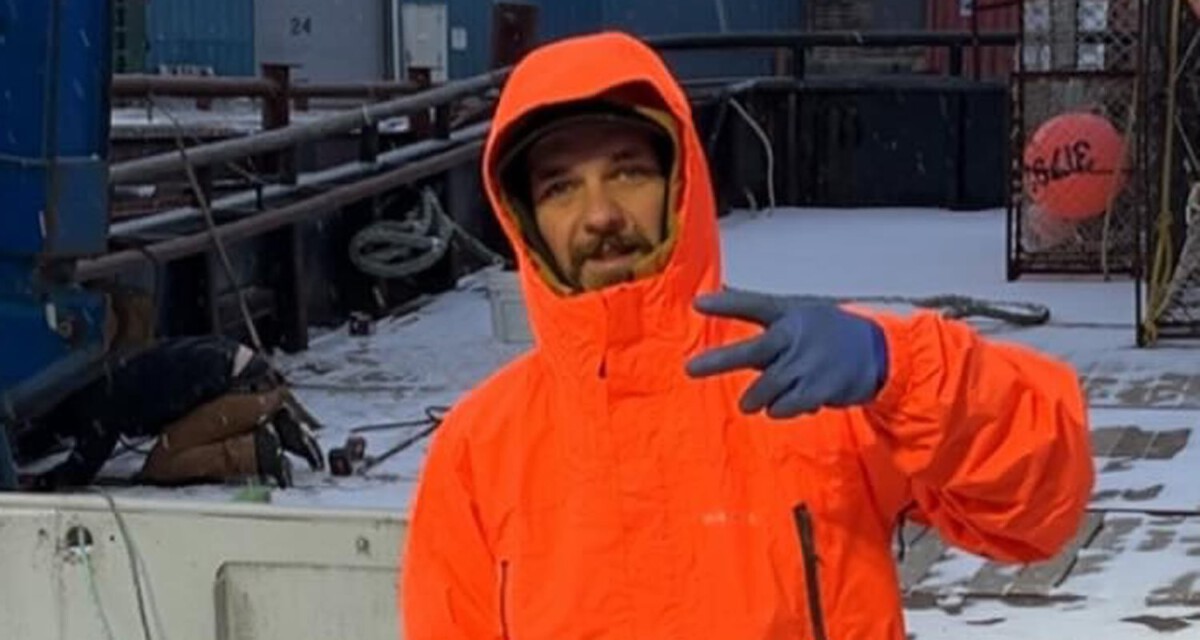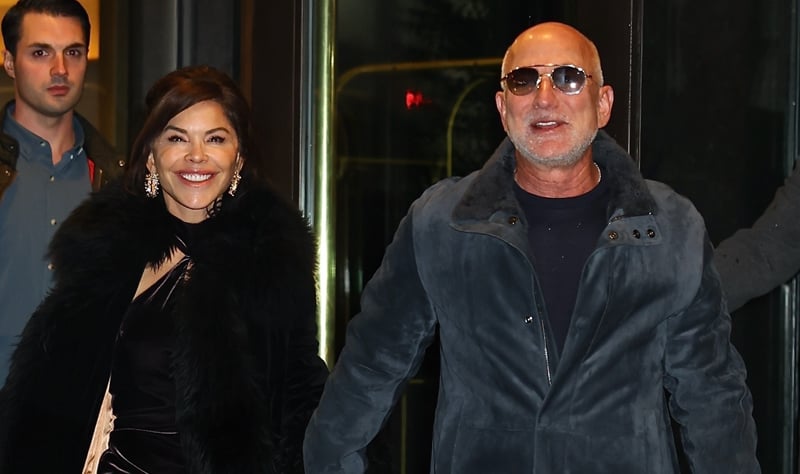
The Tweet That Ignited a Firestorm (Image Credits: Upload.wikimedia.org)
San Luis Obispo, California – Amid the quiet hum of a coastal morning, a single social media action rippled across the country, pulling painful memories into the spotlight of modern politics.
The Tweet That Ignited a Firestorm
Imagine scrolling through your feed and stumbling on history’s darkest moments repurposed for a political jab. That’s exactly what happened when San Luis Obispo County District Attorney Dan Dow retweeted posts featuring stark visuals from the 9/11 attacks. He aimed them squarely at New York City Mayor-elect Zohran Mamdani, labeling him an “un-American socialist” in the process.
This wasn’t just any share; it tied Mamdani to the tragedy in a way that many found deeply insensitive. Dow’s move came amid heated debates over Mamdani’s past statements and associations, but using those images crossed a line for critics. The backlash was swift, turning a local prosecutor’s feed into national news.
Yet Dow stood firm, defending his choice as a wake-up call to threats against American values. Still, the optics left many questioning where political discourse ends and exploitation begins.
Who Is Zohran Mamdani, Anyway?
Zohran Mamdani, the rising Democratic star now set to lead New York City, has long been a polarizing figure. Born to Ugandan-Indian parents, he grew up in NYC and built a career as a state assemblyman advocating for progressive causes like affordable housing and climate action. His win in the mayoral race marked a historic moment, especially as the city’s first Muslim mayor.
But Mamdani’s critics point to his vocal stances on foreign policy, including support for Palestinian rights, which they’ve twisted into accusations of anti-Americanism. Ties to figures who’ve made controversial remarks about 9/11 have only fueled the fire, though Mamdani has distanced himself from extremism.
His platform resonates with younger voters tired of the status quo, yet it invites attacks from those who see his views as a danger. This retweet episode underscores how his background becomes ammunition in broader cultural wars.
Dan Dow’s Perspective on the Controversy
For Dow, a veteran prosecutor with a no-nonsense reputation, the retweet was about protecting the nation’s core principles. He’s handled cases from drug trafficking to violent crimes in his county, and he views Mamdani’s politics as a direct challenge to the sacrifices made post-9/11. When pressed on his decision, Dow doubled down, calling out what he sees as socialist threats to freedoms fought for in wars and tragedies alike.
This isn’t Dow’s first foray into national commentary; he’s previously weighed in on immigration and law enforcement issues. Supporters praise his boldness, seeing it as a rare voice cutting through political correctness.
However, even allies admit the choice of imagery was risky. It highlights a tension in conservative circles: how to fight back without alienating the public.
The Wave of Criticism Rolling In
Almost immediately, the retweet drew sharp rebukes from civil rights groups and fellow Democrats. Organizations monitoring hate speech called it a dangerous escalation, arguing it stokes Islamophobia by linking a Muslim leader to terrorism without evidence. Local media in California amplified the story, with outlets like the San Luis Obispo Tribune questioning Dow’s judgment.
Mamdani’s camp responded measuredly, framing the attack as part of a pattern targeting his faith and heritage. They pointed to similar incidents, like jabs from national figures such as JD Vance, who criticized Mamdani’s reflections on post-9/11 Islamophobia.
Public figures across the spectrum chimed in, from New York politicians decrying the insensitivity to legal experts warning of potential backlash against Dow’s office. The incident even trended on social platforms, where users debated free speech versus responsibility.
Patterns in Political Smears
This isn’t isolated; it’s part of a larger trend where 9/11 imagery gets weaponized in U.S. politics. Remember how figures like Andrew Cuomo suggested Mamdani might “cheer” future attacks? Or Republican Congressman Andy Ogles posting attack footage to slam the candidate? These moves reveal a strategy to evoke fear and patriotism against progressive voices.
Experts note that such tactics often backfire, alienating moderate voters while energizing bases. In Mamdani’s case, they’ve arguably boosted his profile among supporters who see him as a victim of smears.
Yet the persistence shows deep divisions. As elections heat up, these episodes remind us how history’s wounds get reopened for points in the present.
How Social Media Amplifies the Divide
Platforms like X (formerly Twitter) turn local actions into viral storms, reaching millions in minutes. Dow’s retweet, shared by accounts with large followings, quickly garnered thousands of views and heated replies. It’s a reminder of how algorithms favor controversy, pushing divisive content to the top.
On one side, posts praised Dow for “speaking truth”; on the other, they condemned him for trivializing a national trauma. This echo chamber effect deepens polarization, making nuanced discussion rare.
Moving forward, calls are growing for better platform moderation on sensitive topics. But with free speech debates raging, change feels slow.
- Key takeaways: Political use of 9/11 risks eroding trust in leaders.
- Social media’s role demands more accountability from public officials.
- Mamdani’s rise highlights ongoing tensions around faith and patriotism in America.
In the end, Dow’s retweet serves as a stark reminder that politics thrives on emotion, but invoking 9/11 demands extra care to honor the lost without cheapening their memory. It challenges us to demand better from our discourse. What do you think about blending tragedy with today’s battles – crosses a line or necessary tough talk? Share in the comments below.


